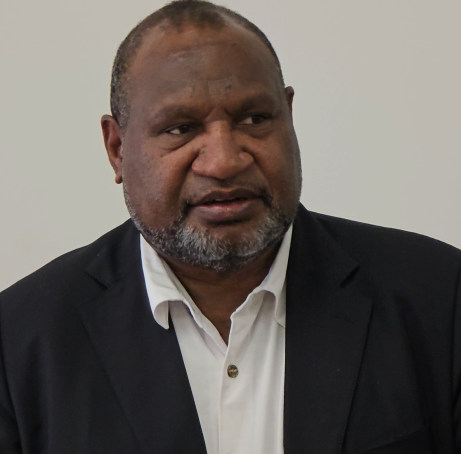In a strong reaffirmation of the government’s development agenda, Prime Minister James Marape, MP, emphasized that agriculture remains central to Papua New Guinea’s future.
Speaking at the National Agricultural Industry Public-Private Sector Partnership Conference recently, he highlighted agriculture as a key driver of the country’s economic growth and rural development.
The conference brought together stakeholders from across the sector, reinforcing the government’s commitment to boosting agricultural productivity and enhancing the livelihoods of Papua New Guineans through strategic partnerships and sustainable initiatives.
Prime Minister Marape highlighted the significance of the agriculture sector, which has been strategically divided into four vital components: the main Agriculture Department, Coffee, Cocoa, and Oil Palm.
This restructuring aims to refine focus and boost the productivity of these subsets, integral to the nation’s economic framework.
“For four consecutive years, we have witnessed a growth of four percent in the non-resource sector,” PM Marape stated.
“This growth is a testament to the effective harnessing of economic activity and productivity that sustains our people.”
The Prime Minister also addressed graduates in attendance, urging them to leverage their education and communal resources to foster agribusiness initiatives.
“With your wealth of knowledge gained from learning institutions, you can utilize your lands and collaborate with your tribal clansmen to drive business success.”
“This is your opportunity to make a profound impact,” he said.
PM Marape committed to taking the insights and outputs from the conference back to his office to form actionable strategies to further advance the agricultural sector.
He referred to the Government’s price support program launched in 2020 and emphasized the critical need for an established policy mechanism, particularly in light of six years without a robust agricultural structure from the Agriculture Department.
“How can we progress without an established policy mechanism?” he challenged.
Despite the visible improvements in infrastructure, PM Marape expressed concern over lagging productivity levels.
Encouraging the agricultural community, he implored stakeholders to take full advantage of recent legislative changes, including the new income tax act, which offers reductions in taxes and enhanced incentives and tariff measures.
“The government is also establishing access to Asian markets, particularly China, and we are actively working with bilateral partners to enhance food security,” Marape added, highlighting the Administration’s efforts to integrate Papua New Guinea’s agricultural sector into the global market.
In conclusion, the Prime Minister reiterated his belief in agriculture as a vital driver for the nation’s economic future and a key element in enhancing food security and community well-being.
The government remains committed to supporting the agriculture sector and its stakeholders, with a focus on ensuring sustainable growth for generations to come.


1 Comment
Pingback: dlvr.it